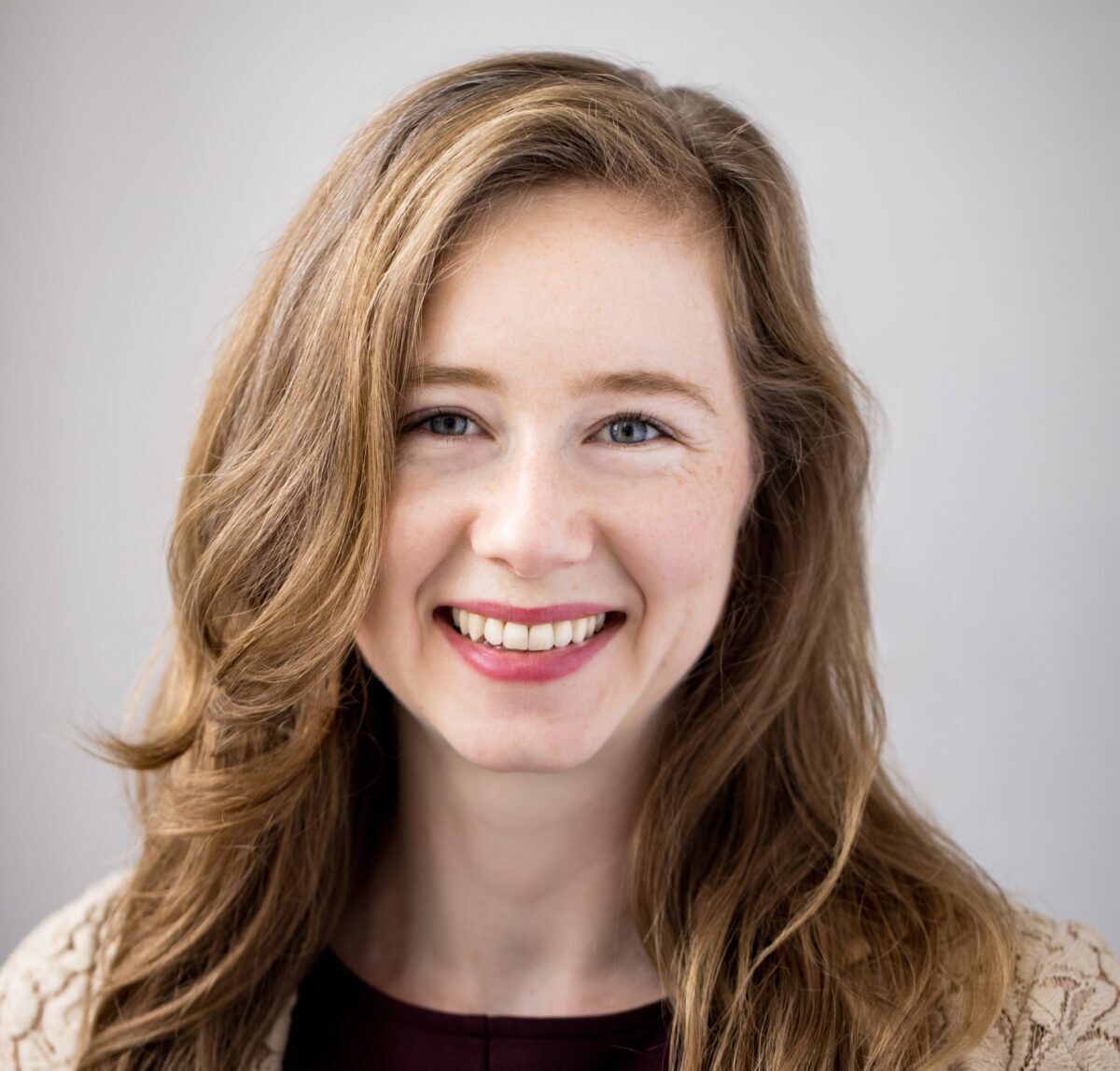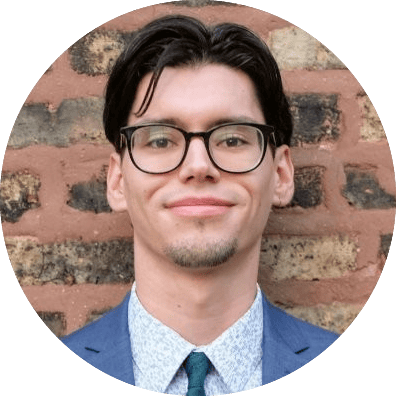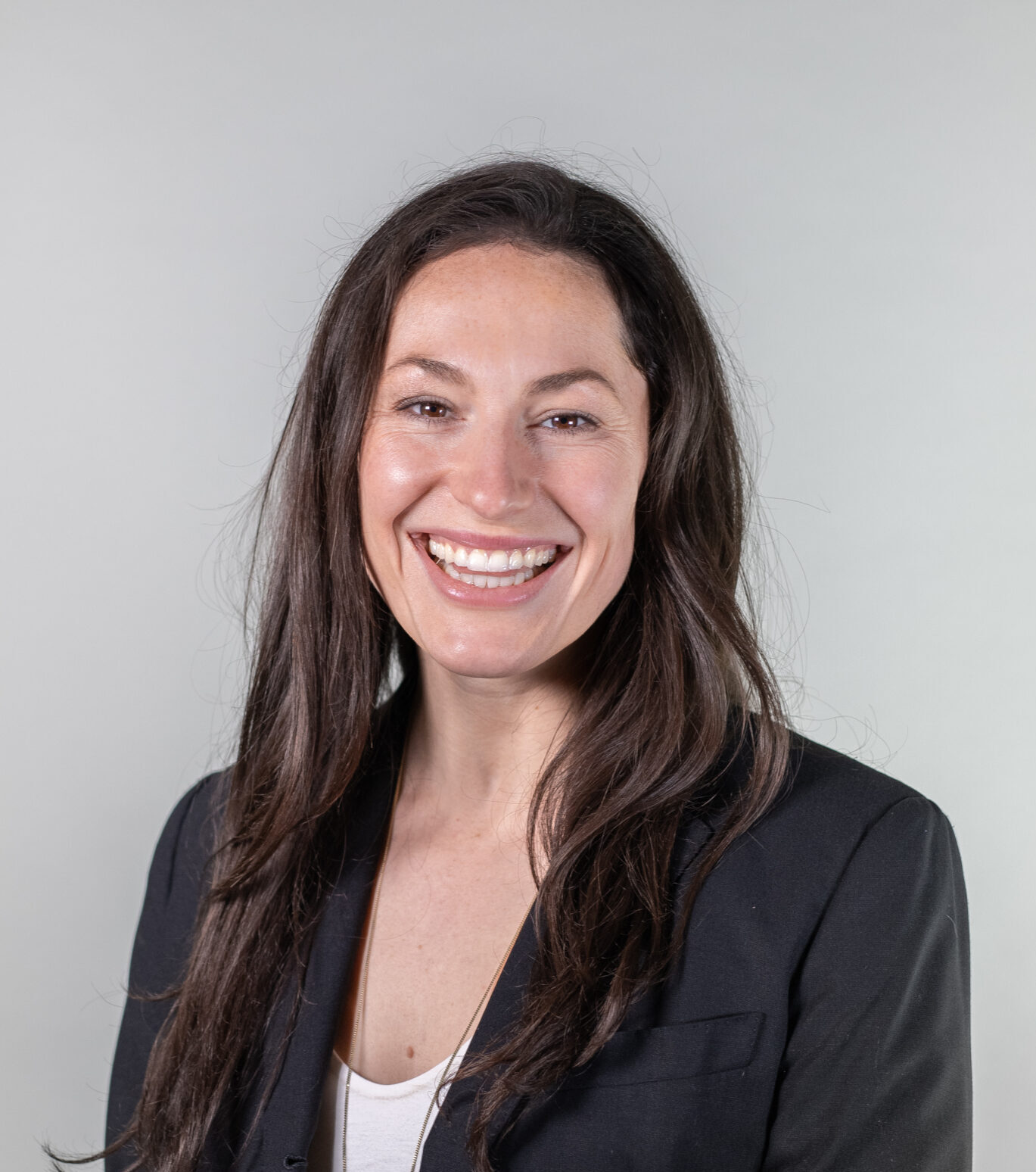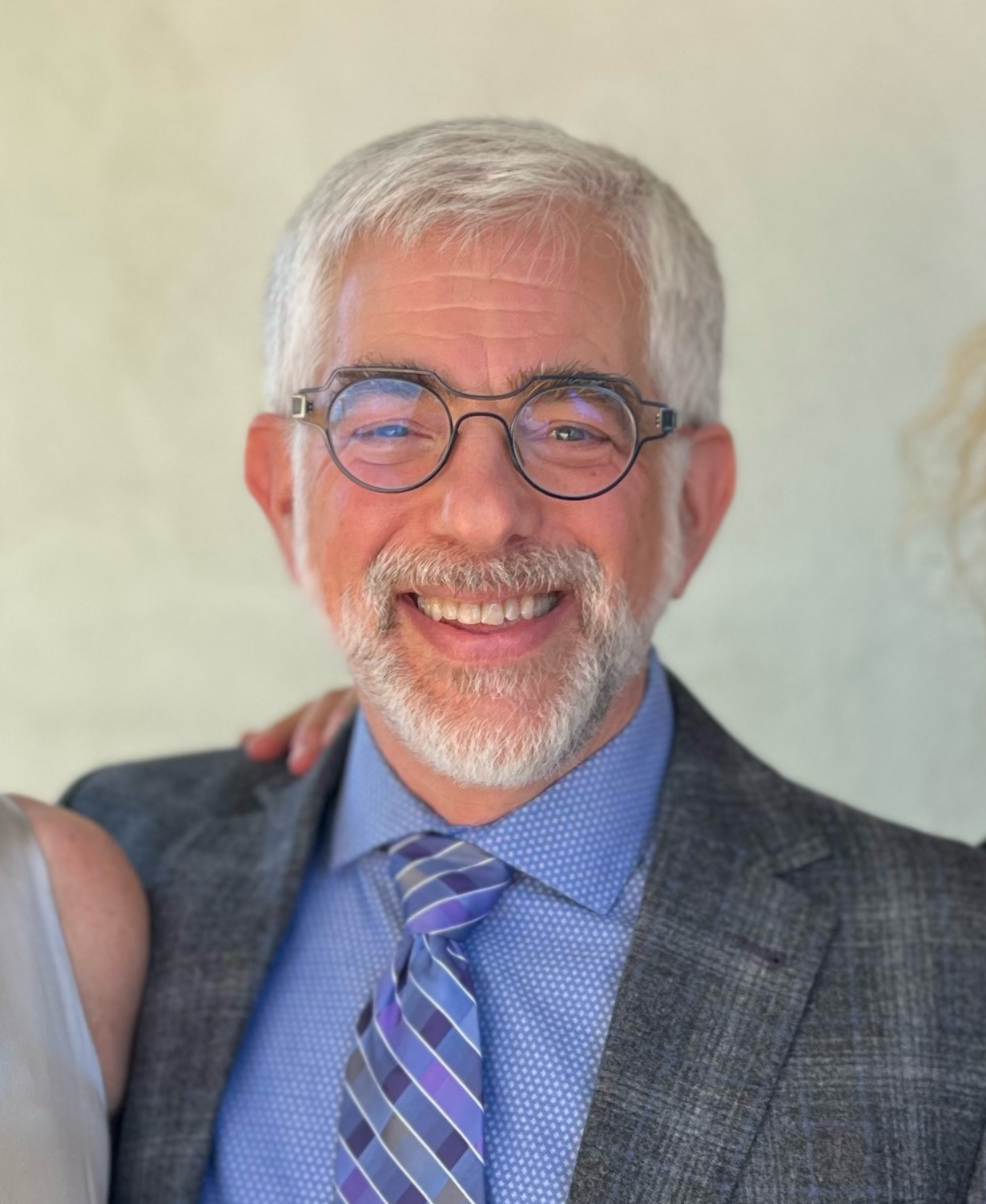Democracy + Elections
Advancing fixes for Cascadia’s electoral systems
Upgrading electoral methods so that government can better solve hard problems.
Latest research + analysis
The History of Washington’s Wandering Election Day
Despite intending to choose a voting day that’s best for voters, timing could still be easier—and legislators can fix that.
Open Primaries and Ranked Choice Voting Strengthened Moderate Republicans in Alaska’s Legislature
Maine’s Lessons in Ranked Choice Voting
What Oregonians Need to Know About Ranked Choice Voting
Meet the Team

Shannon Grimes
Researcher
Shannon is a Researcher with Sightline’s Democracy program, where she focuses on securing electoral reforms in Washington and Oregon.

Jay Lee
Senior Research Associate
Jay is a Senior Research Associate with Sightline Institute, primarily working on electoral upgrades across Cascadia.

Al Vanderklipp
Senior Research Associate
Al is a Senior Research Associate at Sightline Institute, with a focus on election systems in the Northern Rockies.

Alice Buckley
Fellow
Alice leads Sightline’s efforts in Montana, supporting local initiatives for abundant housing and stronger democracy in Big Sky Country.

Todd Newman
Fellow
Todd Newman is a fellow with Sightline Institute studying municipal election timing. He is also a recently retired programmer.
Democracy + Elections research in the news
Electoral-reform measure goes down in ID
Public News Service
Oregon election results for 2024 ballot measures: 3 of 5 fail
Statesman Journal
The Alaska model for democracy in elections
Harvard Law School Journal on Legislation
The good policy decisions that lead to greater sustainability rely on a healthy democracy. But politics too frequently derail good and popular ideas that even the majority of people support.
Sightline’s nonpartisan Democracy and Elections program advances fixes for Cascadia’s electoral systems that put more leaders in office willing to fight for what most people want: homes they can afford near where they work, learn, and play; good-paying jobs that support their families; clean, efficient transportation options; and clean air and water in a healthy climate.
To this end, we envision a democracy that is more fair and inclusive, and that honestly reflects the values and needs of “we the people.” We focus on a variety of solutions, including stifling extreme partisanship through open primaries, allowing voters more freedom to express their true preferences through ranked choice voting and proportional representation, and expanding and protecting voting access for all.
Learn more about our Democracy + Elections research projects below.
Open primaries and ranked choice voting in Alaska
Learn more about Alaska’s open pick-one primaries and ranked choice voting election system
Multi-member districts and ranked choice voting in Portland, Oregon
Portlanders are changing their elections and how city hall works for them
$30 million
How much ID, MT, and WA could save by moving local elections to even years
52%
How many Alaska voters opted to choose a mix of candidates from different parties, under open primaries in 2022
1.2 million
How many more Washingtonians voted in 2022’s legislative elections vs. 2021’s local elections
Latest research + analysis
The History of Washington’s Wandering Election Day
Despite intending to choose a voting day that’s best for voters, timing could still be easier—and legislators can fix that.

